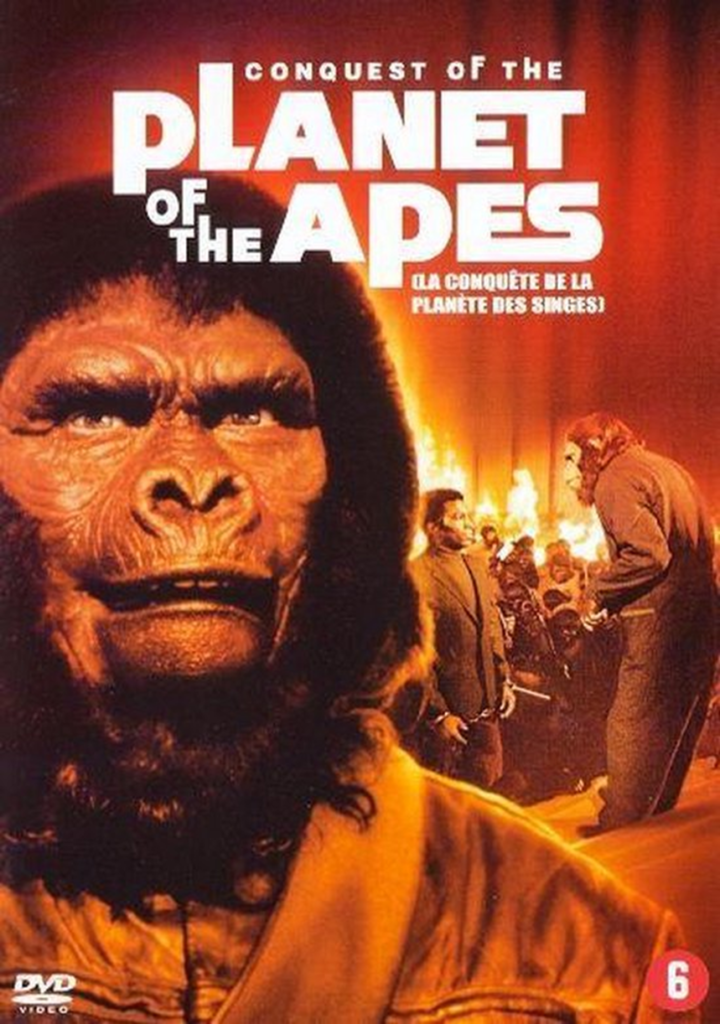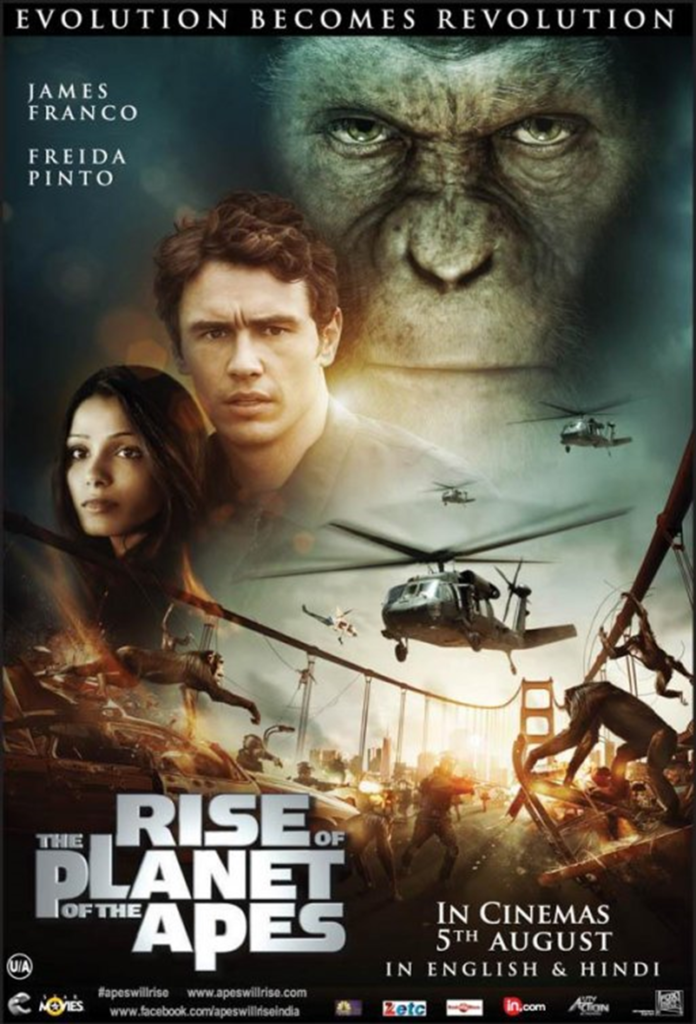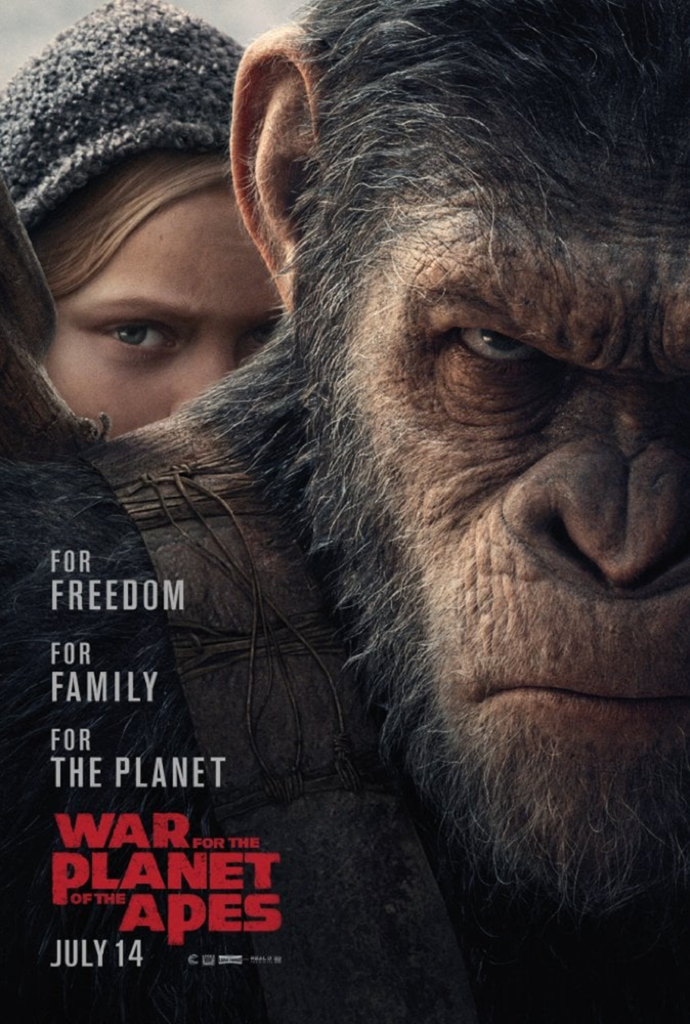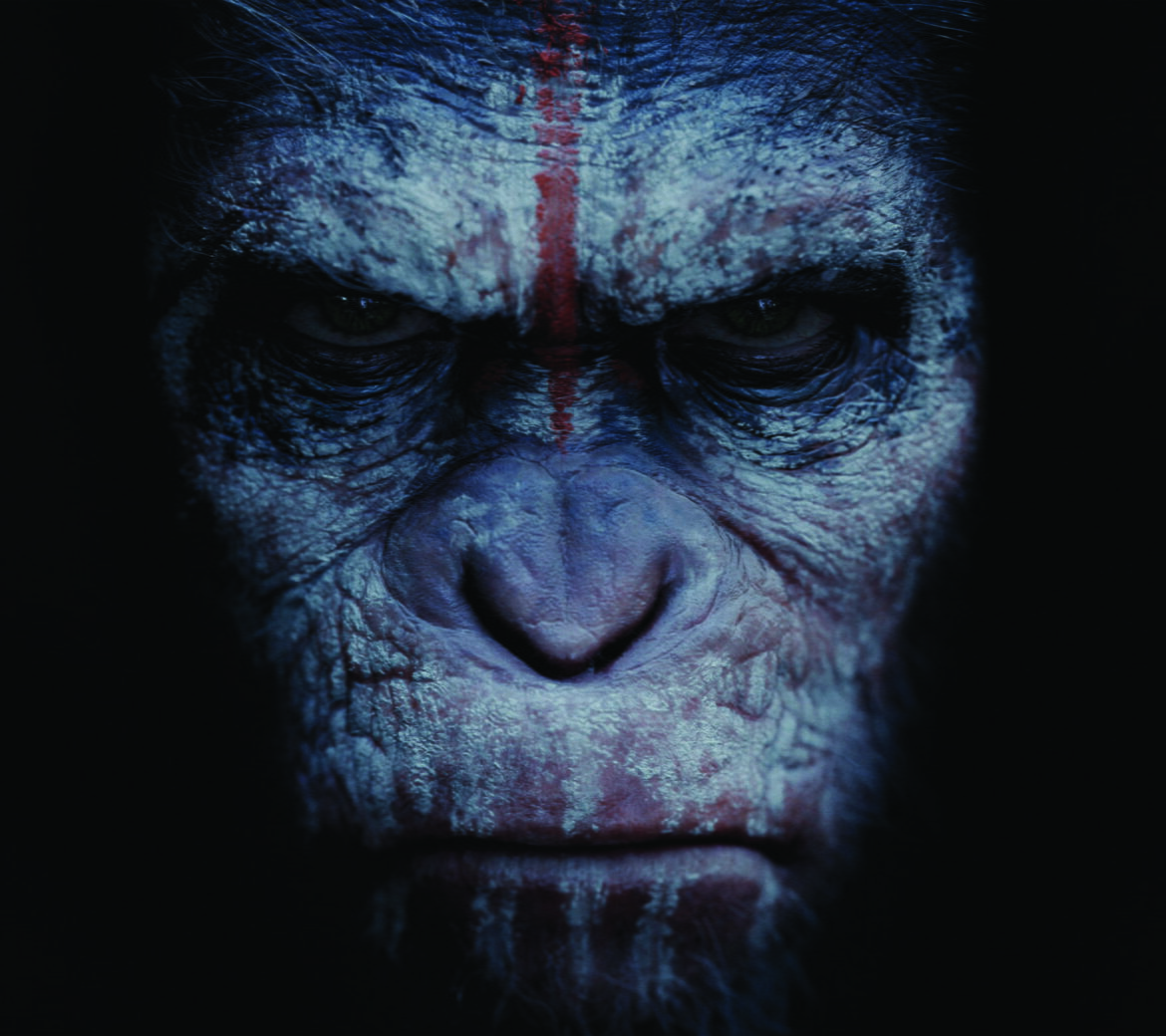
The “Planet of the Apes” series belongs to the most long-playing and influential in the history of the development of science fiction, in which there is an amazing cocktail consisting of actions, philosophy, and elements of social relations. In general, after the premiere of the first film recorded for the audience in 1968, the series has expanded with many more works: a vast number of films, additional sequels, television series, and reboots. It can be a little tricky to work out the right order in which to watch all of the “Planet of the Apes” movies, bearing in mind that the series consists of non-linear storytelling and multiple reboots. This blog will walk you through the chronological viewing order and summarize it for each film.
Viewing Order
1. The Original Series
1. Planet of the Apes (1968)

The original five films are part of the “Planet of the Apes” series, 1968-1973. These films are cardinal in understanding where it all began and how themes have progressed.
Summary: The astronauts Taylor, Landon, and Dodge crash-land on a distant planet in the remote future, where they discover an advanced society of speaking apes who have enslaved humans. They come to learn that Taylor’s planet is actually Earth, which has been ruined by nuclear war. His struggle for answers and his fight against the oppressive regime formed by the apes are the essence of the plot. The movie is famous for the twist ending.
2. Beneath the Planet of the Apes (1970)

Director: Ted Post
Synopsis: This sequel also saw another astronaut, the likes of James Franciscus playing Brent, land on the same planet, also in search of Taylor’s missing body. Instead, he finds a group of beings with telepathic mutations living in an underground city, worshipping a bomb containing atomic powers. The movie shades light over elements of apocalyptic destruction and human fallibility.
3. Escape from the Planet of the Apes (1971)

Director: Don Taylor
The action shifts to Earth’s past when three apes— Cornelius, Zira, and Dr. Milo—take the time vessel back into the past. The excitement and fear of the public steer the events dramatically to reshaping the future of humanity and the apes.
4. Conquest of the Planet of the Apes (1972)

Director: J. Lee Thompson
Summary: In this movie, set in a world where the monkeys are slaves that do different tasks, Caesar, the boy of Cornelius and Zira (Roddy McDowall), is leading a rebellion versus the human oppressors. It is a film about the revolution and the struggle for freedom.
5. Battle for the Planet of the Apes (1973)

Director: J. Lee Thompson
Summary: A continuation from the previous one in moving forward Caesar’s vision toward a peaceful society of apes and human. How the remains of the human military forces being tested in the face of the powerful emerging society of the apes concerning the question of how to coexist and who should rule.
2. The Reboot Series

1. Planet of the Apes (2001)

Director: Tim Burton
Summary: The remake casts Mark Wahlberg as astronaut Leo Davidson, who crashes on an ape-ruled planet. From the original story, the film takes some pretty big leaps and bounds away, but deep down, it’s still rooted in the same themes: a human-ape conflict and the classic question of freedom versus control. And it sets an ending that actually creates a new status quo, though an iconic twist from the original has been removed.
2. Rise of the Planet of the Apes (2011)

Director: Rupert Wyatt
Summary : This is a movie that basically serves as a prequel for this series. It’s all about a scientist, Will Rodman, who formulates a cure for Alzheimer’s in one of his serums but accidentally produces the serum in such a way that it enhances the apes’ intelligence. Caesar is a chimpanzee born with an extraordinary level of intelligence who leads an uprising against the oppression shoveled out to the apes. Animal rights, intelligence, and the moral line science should not cross are the three central themes of this film.
3. Dawn of the Planet of the Apes (2014)

Director: Matt Reeves
Synopsis: Ten years have gone by since the events of “Rise”, and Caesar is just trying to keep his peace with a small band made up of human survivors from a simian flu that wiped out most of humanity. It doesn’t help when tension turns to aggression and then breaking points into all-out war between the two groups.
4. War for the Planet of the Apes (2017)

Director: Matt Reeves
Summary: The final chapter of the trilogy casts Caesar as the leader in a desperate battle against a human military-led faction commanded by a ruthless Colonel (Woody Harrelson). More than the nature of humanity, the film deals with the cost of war and what legacy will have been left behind by Caesar’s leadership. The emotional and philosophical depth of the film turns this entry of the series into a very powerful one.
5. Kingdom of the Planet of Apes (2024)

Director: Wes Ball
Summary: Set many years after the events of “War for the Planet of the Apes,” the film presents a changed world where the balance between humans and apes has dramatically shifted against the former. Centered upon it is the bond between a young ape leader and a human survivor who set out in search of a new beginning in the fragile, complex coexistence of humans and apes. Challenges crop up on both sides as new threats and alliances rise to test their resolve, reshaping their future. It delves deep into themes about leadership and unity but also about the consequences of past conflicts, continuing a proud legacy of thought-provoking storytelling for this franchise.
3. The TV Series
Irrelevant to the storyline of the feature series, the TV series “Planet of the Apes” complements more details and extends the setting.
1. Planet of the Apes (1974 TV Series)

Creator: Paul Dehn
These two orbit-bound astronauts, Alan Virdon (played by Ron Harper) and Pete Burke (played by James Naughton), continue in this TV series, which they crash into a future Earth dominated by the apes. As the two attempt to find their way back across time in order to get back to their own setting, they also learn to survive in this brave new world. Running for one season only, the show went a long way in stretching the nuances of the series even farther into understanding ape-human relations.
4. The Animated Series
1. Return to the Planet of the Apes (1975 Animated Series)

Summary: This was an animated series that fell right after the original movies. It has a very similar concept as the television series, but new adventures are opened up in this ape-dominated world. It is a more child-friendly approach to the themes presented in the franchise.
Conclusion
Watching the “Planet of the Apes” franchise in chronological order gives insight into the development of the series and its depth of theme. The beginning with the original series allows an understanding of the foundational ideas and cultural critiques that encapsulated the formative years of the franchise. The reboots, therefore, offer new insight into these themes and find a modern take on a classic story in researching new philosophical and ethical questions.
Whether you’re a returning visitor or a rookie to the series, this watching order will give you a greater appreciation for how the franchise has changed over time and how its themes develop. Enjoy the ride through this mind-boggling and epic series of titles that enthralled fans for decades.
- The Mummy’s Awakening: Everything We Know About Blumhouse’s Terrifying New Chapter
- What You Need to Know About Movie: “28 Years Later”
- Jurassic World: Rebirth To Record Strong Box Office Opening
- Why Doctor Strange Didn’t Kill Thanos in Infinity War
- WHO IS MORE POWERFUL SENTRY VS THANOS IN MCU?


Leave a Reply